Closed Loop Partners’ Composting Consortium, With the Biodegradable Products Institute and US Composting Council, Awards Grants to Composting Facilities & Municipalities Across the U.S. That Are Advancing Recovery of Compostable Packaging
September 29, 2025
Eight municipal and composter-led projects received funding for organics and compostable packaging recovery from the new, collaborative grant program to expand access, infrastructure and regional capacity.
September 29, 2025, New York, NY — The Composting Consortium, managed by Closed Loop Partners’ Center for the Circular Economy, today announced the selection of municipal and compost producer-led projects across the U.S. that will receive grant funding to advance composting infrastructure and the recovery of food-contact compostable packaging. This milestone was made possible through the Consortium’s leadership and funding partnership with Biodegradable Products Institute (BPI), North America’s leading authority on compostability, with technical support from the US Composting Council (USCC), which is dedicated to the development, expansion and promotion of the compost manufacturing industry. Together, the organizations are working to scale circular outcomes for certified compostable packaging and food scraps across the country, amidst growing industry and consumer demand to reduce food and packaging waste sent to disposal.
A diverse set of eight projects was selected for the funding opportunity—from municipal efforts expanding composting access and education, to infrastructure upgrades at compost facilities that increase regional processing capacity. The grants arrive at a pivotal moment, driving continued momentum for food waste diversion.
“The deployment of these grant dollars is a critical part of Closed Loop Partners’ Center for the Circular Economy’s broader work to develop local circular systems,” said Kate Daly, Managing Partner and Head of Closed Loop Partners’ Center for the Circular Economy. “Our partnership with BPI and USCC on this inaugural grant program showcases the power of industry leadership and collaboration to deliver outsized impact, accelerate infrastructure upgrades, and advance food waste and compostable packaging diversion goals.”
“This grant program is more than just funding. It’s about building a foundation for a circular bioeconomy that works in practice and eventually at scale,” said Rhodes Yepsen, Executive Director of BPI. “Each project helps fulfill the value proposition of compostable packaging, transforming food scraps and food-contact compostables from everyday waste into a valuable soil amendment, creating good green jobs, and fostering resilient, thriving communities.”
“USCC is excited to have provided technical support to a grant program that delivers real, on-the-ground impact and infrastructure building for the small businesses and local governments powering circular organics systems across the U.S.,” said Linda Norris-Waldt, Executive Director of USCC. “The innovation and ingenuity we saw in the applications and selected projects make one thing clear: the composting industry is ready to grow—and targeted funding can unlock transformative change.”
From California to Maryland, the selected projects demonstrate scalable models for compostable packaging recovery and community engagement:
Expanding Access to Organic Collections Across the U.S.
These projects focus on increasing equitable access to composting infrastructure and services, particularly focused on areas or populations that have historically lacked them.
- Washtenaw County, MI – Piloting 2–3 drop-off sites to serve households without access to curbside food waste collection, with the potential to divert up to 45,000 pounds of food waste and compostable packaging.
- City of Takoma Park, MD – Installing organics collection infrastructure in low-income multifamily housing, paired with outreach and data collection to inform citywide expansion.
- Rubber City Reuse (Northeast Ohio) – Launching 15 organics drop-off sites across four counties, serving up to 1.2 million residents.
Increasing Circular Outcomes of Compostable Packaging
These projects are increasing the ability of compost facilities to accept and process certified compostable packaging, a critical step in keeping materials out of landfill and transitioning to a more circular economy.
- Compost Colorado (Denver, CO) – Doubles processing capacity at the only front-range compost producer in Colorado that accepts compostable packaging.
- Veteran Compost (Alexandria, VA) – Installs new infrastructure to double processing capacity to 2 million pounds per year.
- Bennett Compost (Philadelphia, PA) – Updates site to begin accepting certified food-contact compostable packaging for the first time at their Lawncrest facility, serving as a model for other smaller-scale facilities in the region.
- Skagit Soils (Mount Vernon, WA) – Adds new equipment to prepare for increased volumes of food waste and compostable packaging in response to upcoming state legislation.
Strengthening Composting Programs Through Improved Education and Community Engagement
This grant project emphasizes education, storytelling and community engagement to maximize certified compostable packaging diversion and create high-quality finished compost that can be used to enhance local soils.
- City of Modesto, CA – Updates and enhances the City’s educational, outreach and marketing materials to bring clarity and consistency to the community—highlighting certified compostable packaging as a key part of successful composting programs.
Following the deployment of these grants, the Composting Consortium will continue to test, validate and scale solutions across the compostable packaging value chain, from field testing and labeling to infrastructure development and end-market engagement. Together with BPI and USCC, the Consortium is accelerating the transition to a circular economy for organics, where compostable materials are recovered at scale and returned to the soil as valuable resources.
About the Composting Consortium
The Composting Consortium is an initiative of Closed Loop Partners’ Center for the Circular Economy. The Consortium brings together leading voices across the composting and compostable packaging ecosystem––from the world’s leading brands to best-in-class composters running the operations on the ground. Through in-market tests, deep research and industry-wide collaboration, we are laying the groundwork for a more robust, resilient composting system that can keep organics and compostable packaging in circulation. To learn more, please visit: https://www.closedlooppartners.com/composting-consortium/
About Biodegradable Products Institute
The Biodegradable Products Institute (BPI) is North America’s leading authority on compostable products and packaging, certifying over 50,000 products from collection bags to food containers. For more than two decades, BPI has given consumers confidence in compostability claims with the backing of science-based standards, while enabling authentically sustainable choices for brands and packagers. BPI champions a systems-wide transition to the circular bioeconomy through rigorous testing, policy advocacy, and industry collaboration, building the infrastructure for “A World Without Organic Waste”—where food scraps and certified compostable packaging become resources. BPI is a non-profit 501(c)(6). To learn more, visit www.bpiworld.org and follow us on LinkedIn.
About the US Composting Council
The US Composting Council is dedicated to the development, expansion and promotion of the compost manufacturing industry. The USCC meets this mission by encouraging, supporting and performing compost-related research, promoting best management practices, establishing standards, educating professionals and the public about the benefits of compost and compost utilization, enhancing compost product quality, and developing training materials for compost manufacturers and markets for compost products. USCC members include compost manufacturers, marketers, equipment manufacturers, product suppliers, academic institutions, public agencies, nonprofit groups and consulting/engineering firms. The USCC is a non-profit 501(c)(6) organization and is affiliated with the Compost Research & Education Foundation (CREF), a 501(c)(3) charitable foundation that promotes public and private compost research and education activities.
Related posts
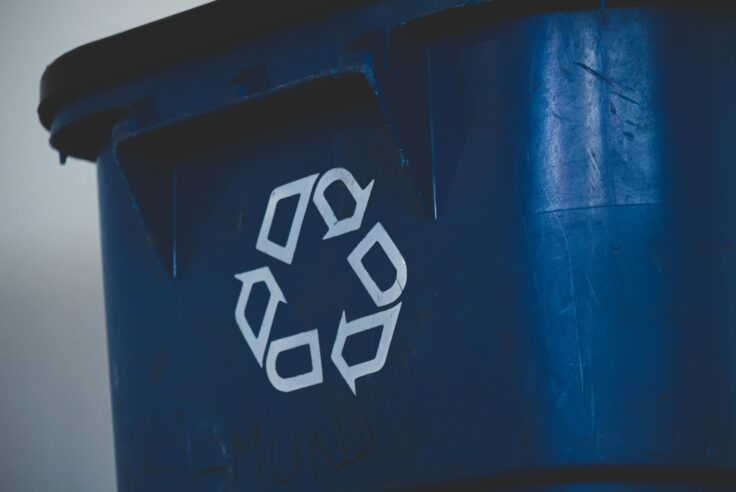
Press Release
Closed Loop Partners Deploys Multi-Million-Dollar Loan...
The catalytic loan from the circular economy-focused...
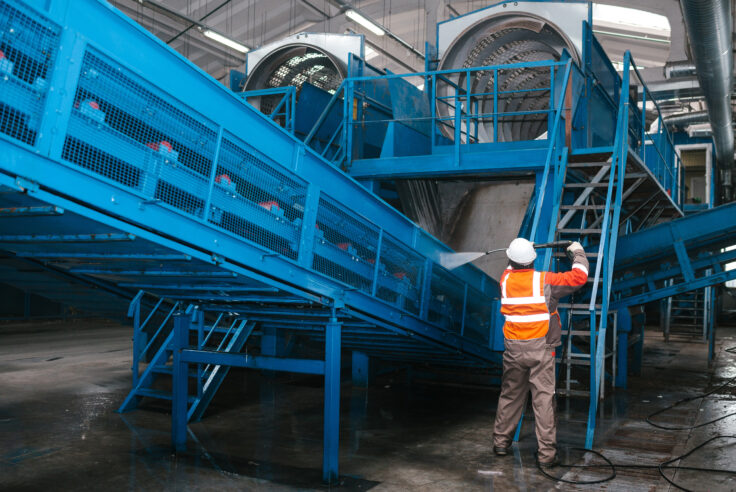
Press Release
Closed Loop Partners Releases New Guidelines to Strengthen...
The new guide shares tactical best practices to help...
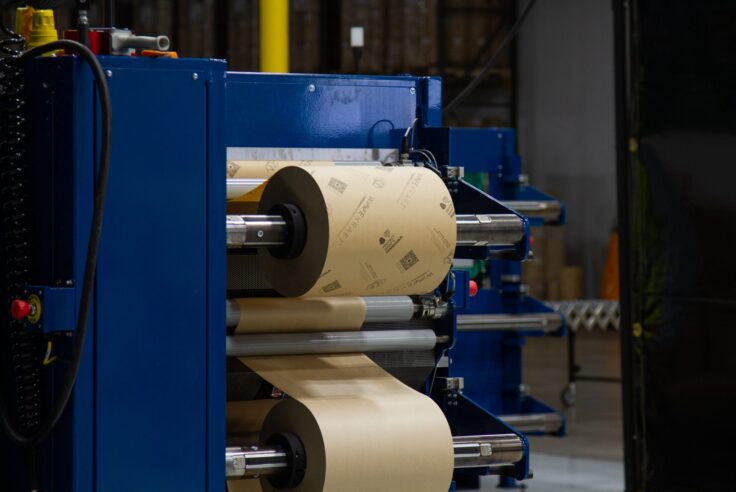
Press Release
Closed Loop Partners Deploys $10 Million Loan to TemperPack,...
This marks Closed Loop Catalytic Capital & Private...

Blog Post
Materials Matter: Designing Reuse for the Real World
One of the most important design decisions for reuse...

Press Release
Closed Loop Partners Advances Major Progress for the...
The circular economy-focused firm releases 2024 impact...

Press Release
Beyond the Bag Initiative Unites Major and Local Retailers...
Headlined by Target, CVS Health, Ralphs and Food 4...

Blog Post
Reuse Is Coming to U.S. Cities. Here’s How Businesses...
Reuse is growing across sectors — but it’s still...
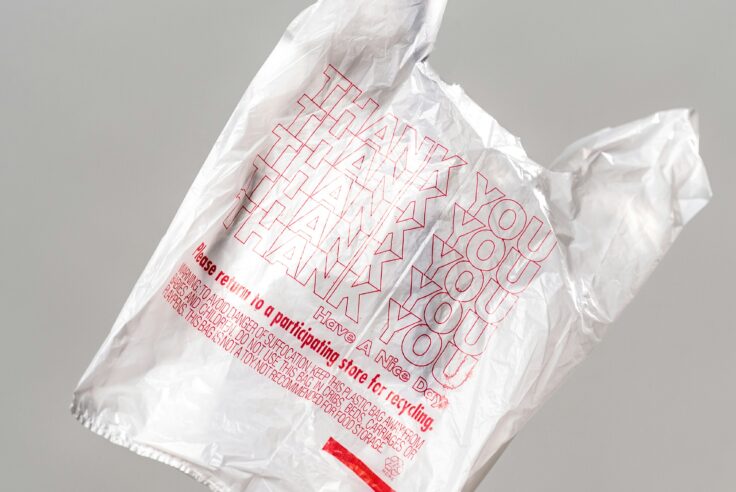
Press Release
Beyond the Bag Initiative Releases Its Largest Study...
The Consortium to Reinvent the Retail Bag unveils insights...
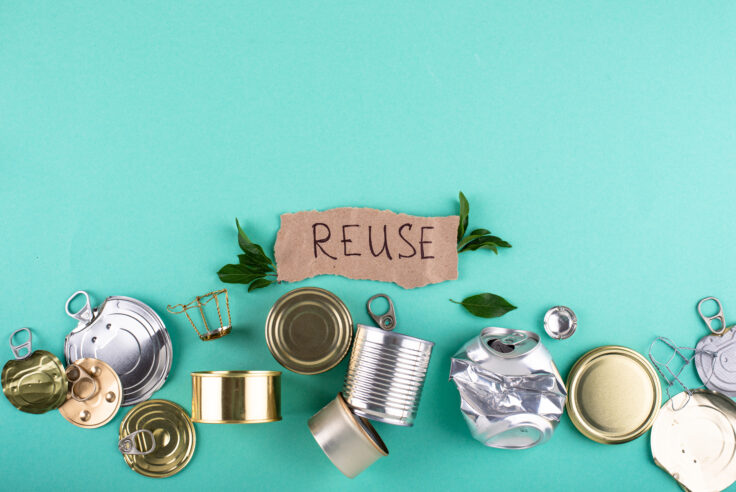
Blog Post
For Reuse to Work, Language Matters
A quick guide to messaging for reuse programs and getting...

Press Release
Closed Loop Partners Adds New Private Equity Managing...
Daniel Phan joins the circular economy-focused firm...
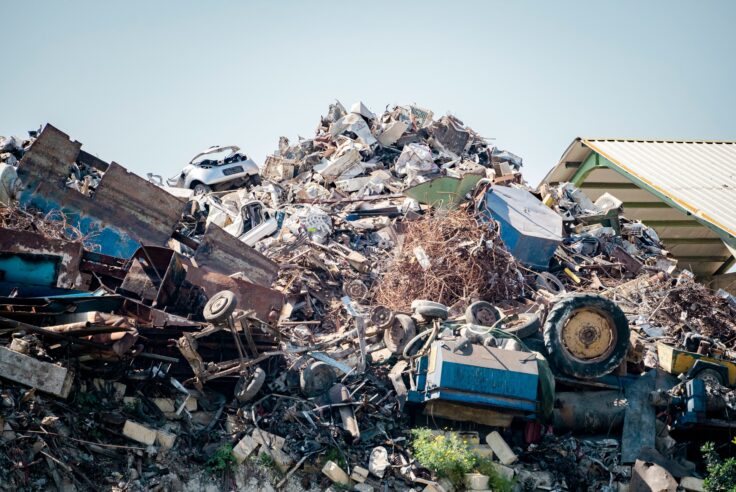
Blog Post
The Hidden Value of Scrap Metal: Why Local Recovery...
VALIS discusses circularity of metal processing, and...

Press Release
Closed Loop Partners’ Composting Consortium Launches...
The grant program for composters and communities comes...
